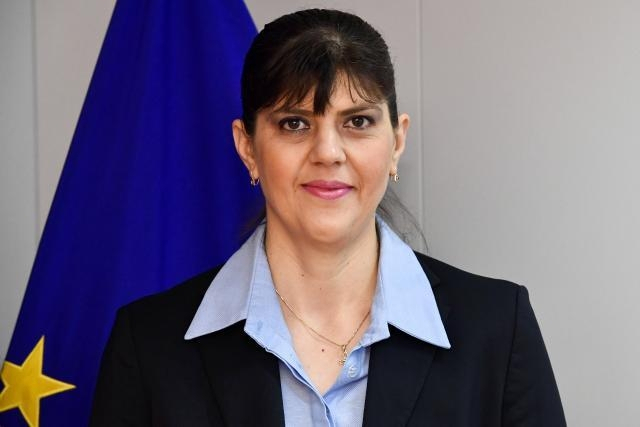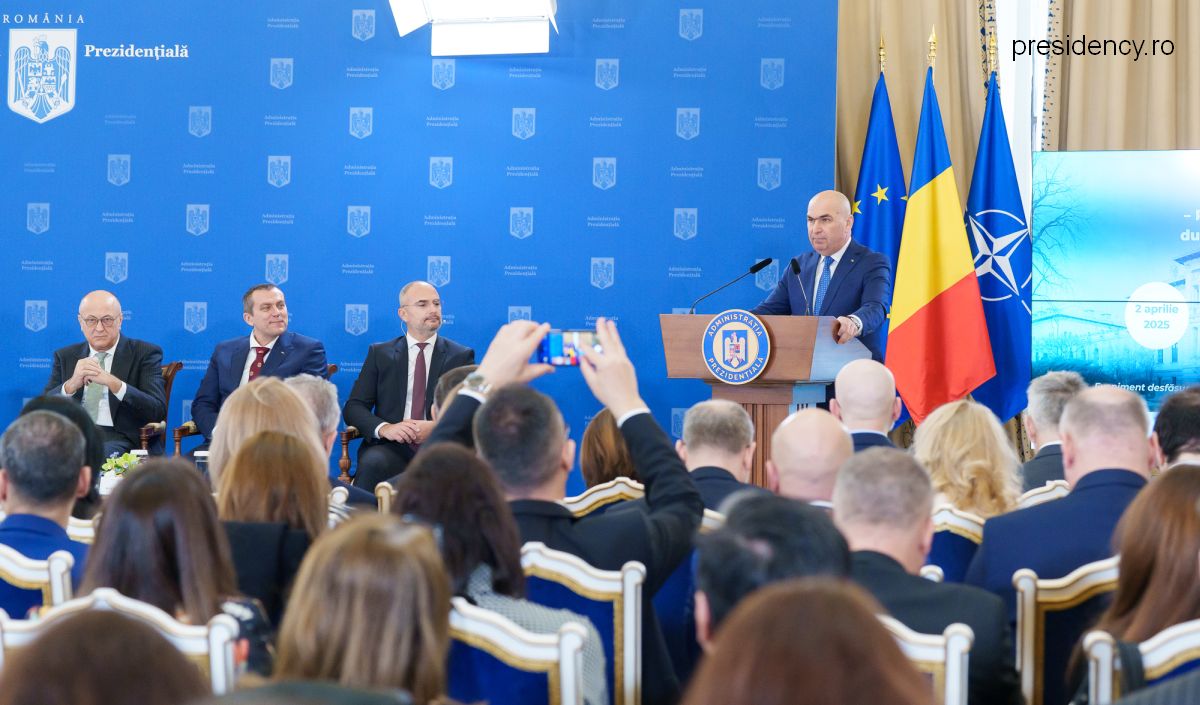European Prosecutors give solemn undertaking
Laura Codruţa Kövesi will be heading one of the most important institutions of the European Union
Warning: Trying to access array offset on null in /home/web/rri.ro/public/wp-content/themes/rri/template-parts/content.php on line 53

Warning: Trying to access array offset on null in /home/web/rri.ro/public/wp-content/themes/rri/template-parts/content.php on line 98
Eugen Coroianu,
29.09.2020, 13:50
The
European Public Prosecutor’s Office (EPPO) has officially started its activity
in a formal sitting before the Court of Justice of the European Union in
Luxembourg on Monday. The newly founded body is headed by Laura Codruţa Kövesi,
the former director of the National Anti-Corruption Directorate.
I solemnly
undertake to be completely independent in carrying out my responsibilities, in
the interest of the Union as a whole, and neither to seek nor take instructions
from any person or entity external to the European Public Prosecutor’s Office.
I further undertake to comply with the duty of confidentiality, as regards all
information held by the European Public Prosecutor’s Office. This was the
solemn oath taken by Kövesi and the other European prosecutors, which include
another Romanian, Cătălin-Laurenţiu Borcoman.
The European Public Prosecutor’s
Office is an independent body of the European Union charged with investigating,
prosecuting and taking to court crimes that infringe on the EU’s financial
interests, such as corruption or cross-border VAT fraud that result in a
prejudice exceeding €10 million. To this end, the EPPO, which will be headquartered
in Luxembourg, is conducting investigations and prosecutions working with the
relevant courts of law in member states. The EPPO presently has 22 adhering
members: Austria, Belgium, Bulgaria, Croatia, Cyprus, Czech Republic, Estonia,
Finland, France, Germany, Greece, Italy, Latvia, Lithuania, Luxembourg, Malta,
Netherlands, Portugal, Romania, Slovakia, Spain and Slovenia. Laura Codruţa Kövesi
told the El Pais daily that the
institution she is heading is a means of protecting the rule of law in the EU.
The European official expressed hope to create an independent institution, to
prove no one is above the law. The activity of the EU chief prosecutor is
central to the credibility of the EU, especially amidst numerous cases of
corruption reported in recent years in Spain, Bulgaria, Romania or Malta, or
against the backdrop of financial scandals in the Netherlands and Denmark or
attempts at undermining the law in Poland and Hungary, the Spanish newspaper
also writes.
In Romania, Laura Codruţa Kövesi was removed from the helm of the
Anti-Corruption Directorate two years ago, following a request of the Justice
Minister at the time, Tudorel Toader. The Minister claimed Kövesi’s actions go
against the rule of law. Highly controversial at the time and harshly
criticized by the opposition, the decision to sack Kövesi caused a public
uproar. Recently, Laura Codruţa Kövesi has won a court case at the European
Court of Human Rights, where she challenged the decision to remove her from
office before the expiry of her mandate. The ECHR unanimously ruled that Laura
Codruţa Kövesi had been denied her rights to fair trial and freedom of speech.
(Translated
by V. Palcu)






























